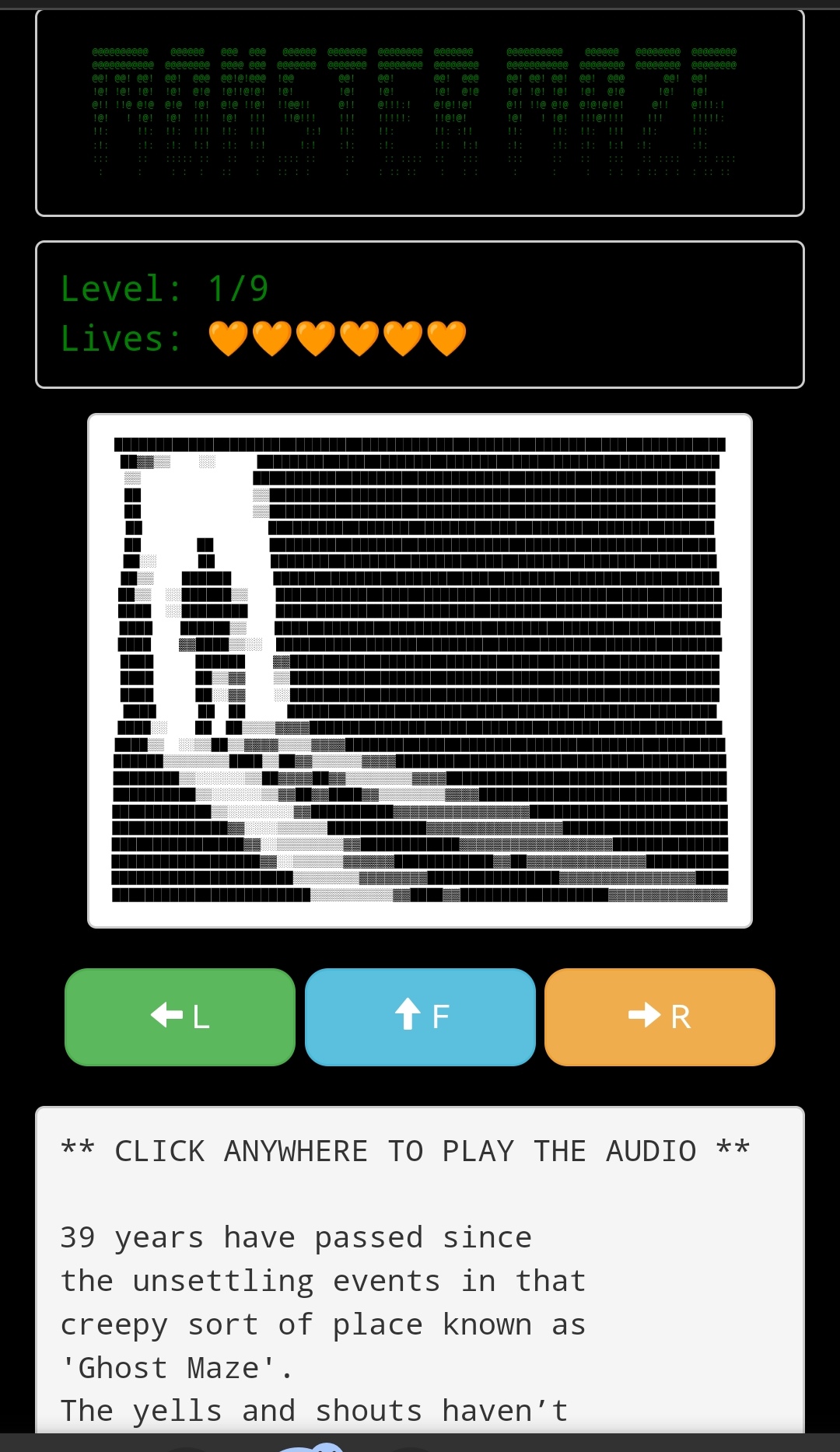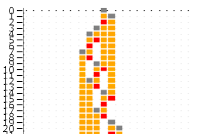-

A lot has happened in Monster Maze for the last months and a new chapter has now opened. (previously seen in this series: Shiny Monster Maze and Monster Maze) Wanna play? Play here Code The code is publicly available in Github: monster-maze-shiny-mobile/tree/from_emojis_to_images Time-keeping In the prior version …
Read More -

Figure 1: Trade or not to Trade (Designed by Dooder / Freepik) It took me long time to muster the motivation to write this post. I greedily dreamed of putting something together that would unveil the secret to crypto trading while amassing a fortune thank to my R skills. The title of the article would then be “How to …
Read More -

Shiny version for mobile The eerie wails, the apparitions and other supernatural manifestations are an unlimited source for entertainment. I could not just keep Monster Maze for myself and deprive you of such a joyful game. So I decided to bring it to you and the general public by the hand of Shiny, an R package that …
Read More -

39 years have passed since the unsettling events in that creepy sort of place known as “Ghost Maze”. The yells and shouts haven’t ceased ever since. But it has only been recently when villagers have started to claim that something new has nested and dwells inside those walls. The place is continously visited by fresh …
Read More -

For years I have been an avid reader of the Science website Naukas. The website is a carrier for online science popularization in Spanish. If you speak the language and love Science, I greatly encourage you to add it to your bookmarks. In particular, I am a big (BIG) fan of Francis’ blog as well as Daniel’s blog that …
Read More -

It is time to conclude this series, but not before making some closing arguments. Resolution It is possible to increase the resolution of the plot by decreasing the length of the step for the different dimensions: latitude, longitude and days in the year. For instance, the values (lat_step = 5, lon_step = 1, year_step …
Read More -

In the previous post of this series: a simple grid consisting of points on the surface of a sphere was built step by step to approximate Earth. the basics of matrix rotations were reviewed to obtain: the tilt of the rotational axis. the changes in the orientation of the tilt relative to the Sun as Earth revolves …
Read More -

It is easy to explain the changing seasons and the variation in the length of day and night time at different latitudes by means of the axial tilt, also known as obliquity (Wikipedia (n.d.a)). Earth currently has a mean tilt of 23.44° (Wikipedia (n.d.a)) between: its rotational axis, the imaginary line that passes …
Read More